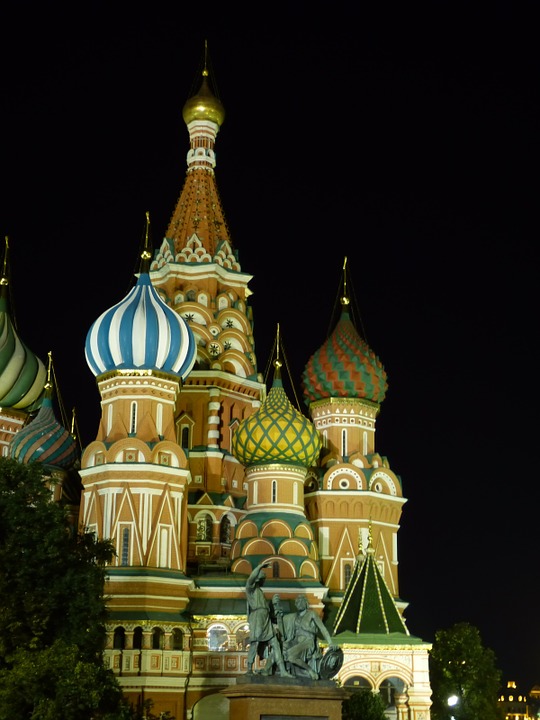
A very unusual story reported by Newsmax on March 3 indicated that off the record sources familiar with Kremlin thinking say that Russian leaders were both shocked and surprised by Putin's decision to launch an all-out invasion of Ukraine and were unnerved by the intensity and scope of Western sanctions in response.
Newsmax reported that "Kremlin officials were supposedly surprised that Russian President Vladimir Putin ordered the invasion of Ukraine and were expecting milder sanctions for their decision to recognize the Luhansk and Donetsk regions of its neighbor as independent states, the independent Russian news organization Agency reported Friday."
One senior official told Agency that legislators "did not know" that the military would unleash the measure of force that it did and were shocked when news broke of the invasion.
Putin's Cabinet, according to an unidentified source close to the administration, was only preparing for sanctions by NATO and like-minded governments in reaction to recognizing Luhansk and Donetsk as sovereign nations on Feb. 21.
The sanctions that have caused the most concern to Russia are the exclusion from the Society for Worldwide Interbank Financial Telecommunication (or SWIFT) system for some banks, the freezing of Russia's foreign assets and the withdrawal by major international companies from the country.
Sanctions also have included seizing assets owned by Russian billionaires closely tied to Putin.
"Everything is f*****," Agency quoted its source as saying.
One of Agency sources also said the Russian government convened meetings about the potential sanctions and even conducted stress tests in case the country's SWIFT connection was severed.
Despite their supposed shock, Russian government officials feel compelled to remain in their positions or be seen as traitors.
"You can only resign to go to prison," the official said.
This fascinating report tends to confirm another report from military historian and political pundit John Jordan — who is fluent in Russian –of a heated confrontation, captured and surprisingly broadcast, on Russian State Television immediately before the invasion started.
Jordan, monitoring the station, reports that Putin asked Sergey i Naryshkin head of SVR (roughly the equivalent of our CIA) if he approved of the plans to invade. Naryshkin was evasive in his reply. Jordan reports that Putin pushed him twice for a specific yes or no and that Naryshkin, clearly disapproving, bowed his head and assented. Jordan says that Putin's attitude one was one of anger and outrage and surprisingly blunt and menacing.
We can likely expect the fissures indicated by these two stories to widen if, during the invasion — or even in subsequent guerrilla warfare should the invasion succeed — casualties mount. These fissures could prove to be so destabilizing as to threaten Putin's power.
(COMMENT, BELOW)
Dick Morris, who served as adviser to former Sen. Trent Lott (R-Miss.) and former President Clinton, is the author of 16 books.


 Contact The Editor
Contact The Editor
 Articles By This Author
Articles By This Author